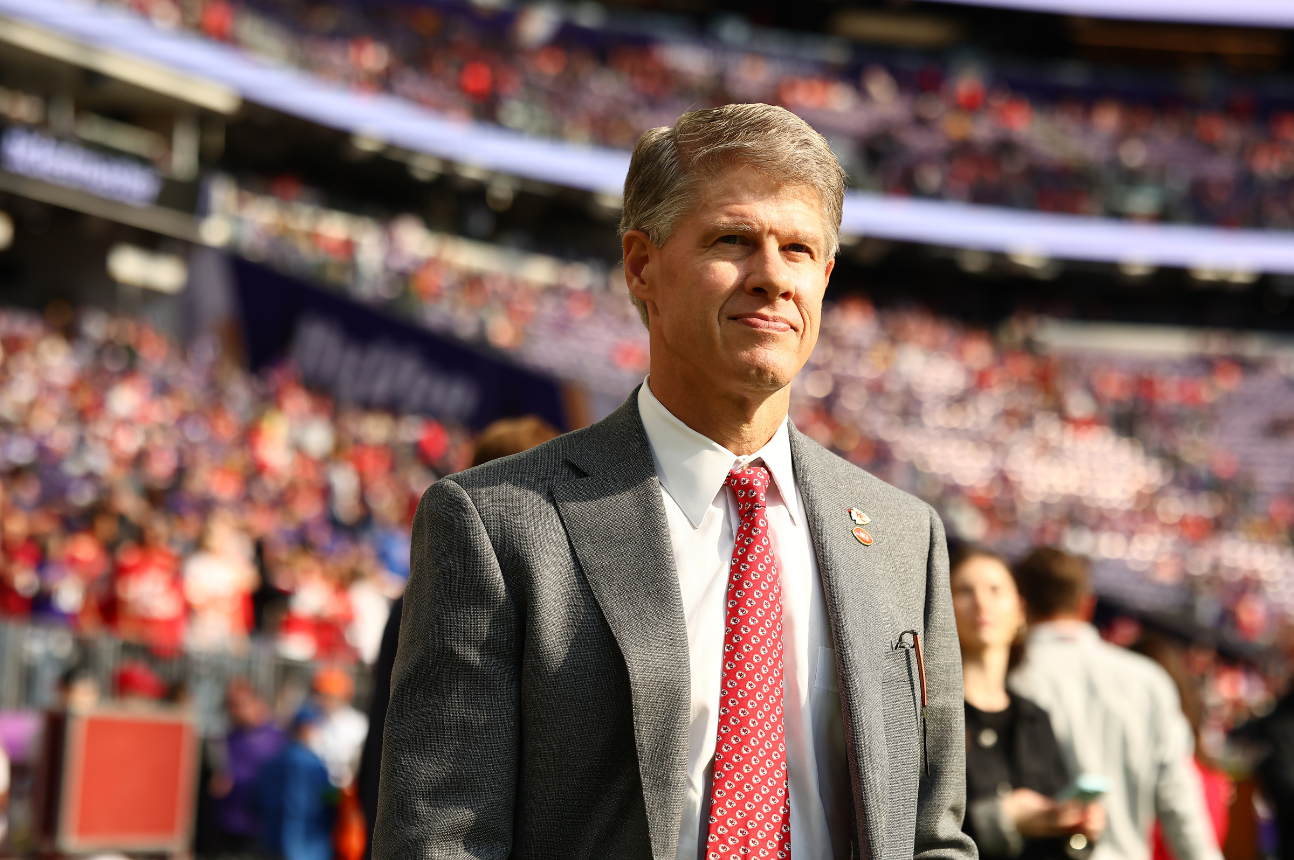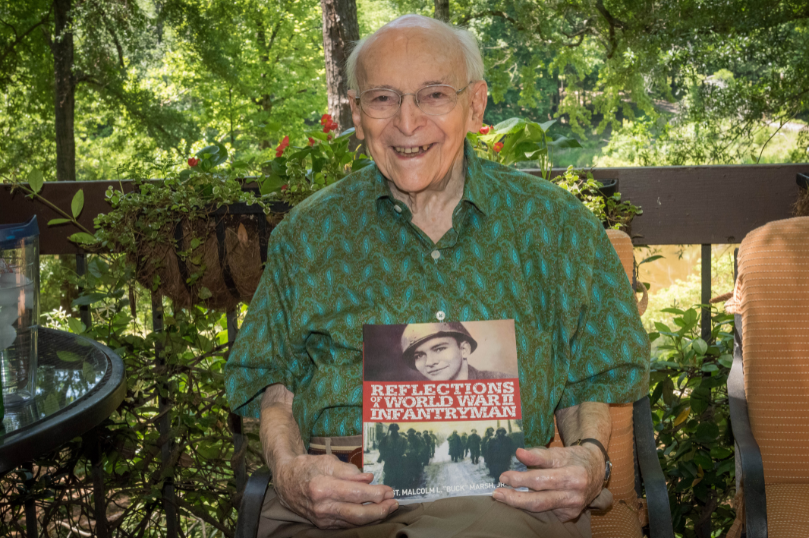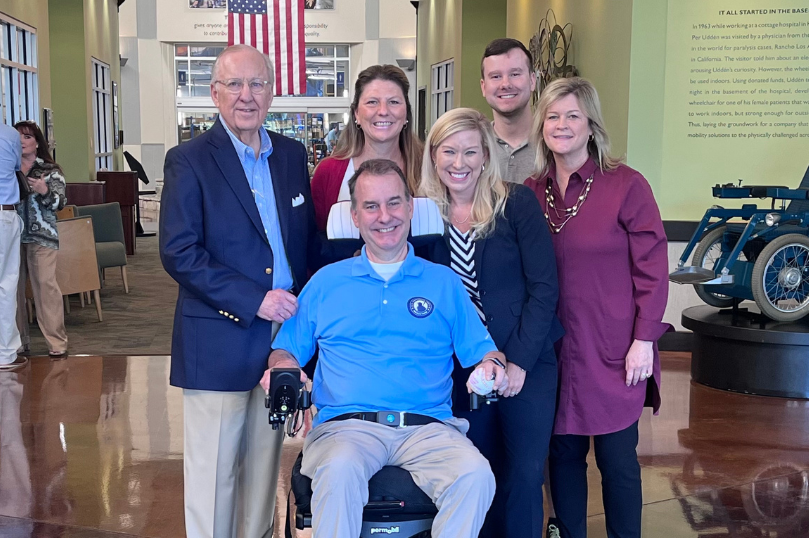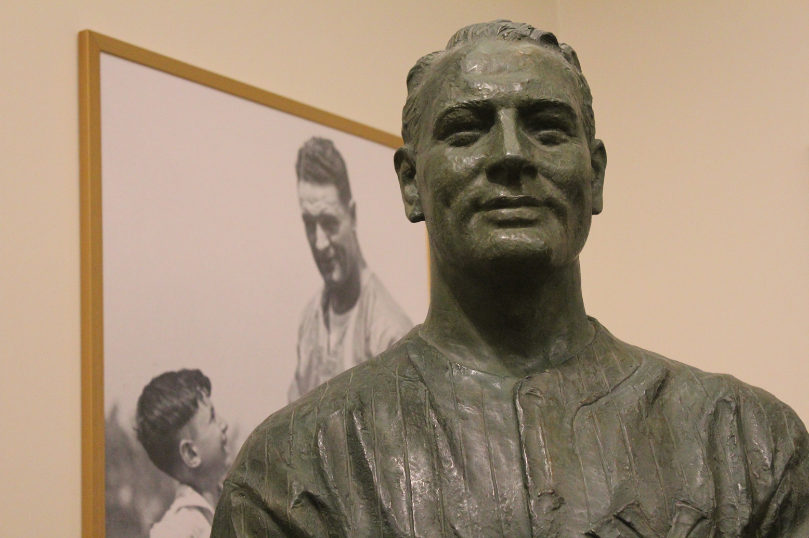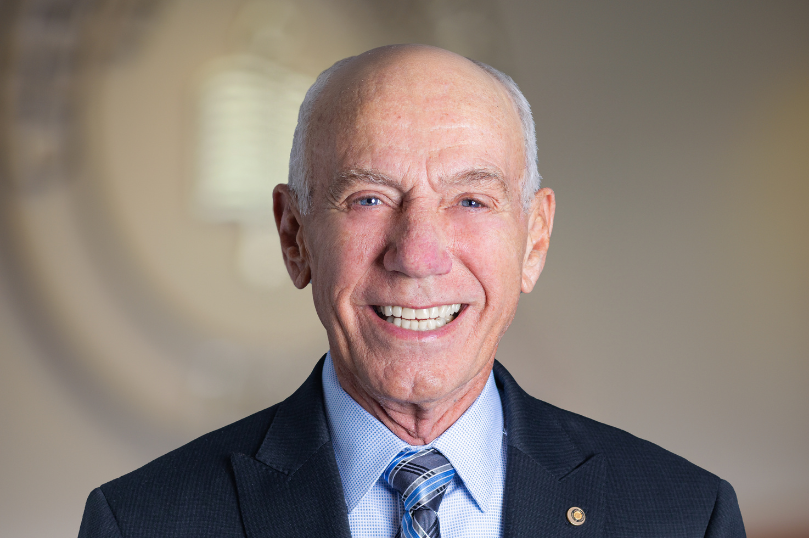Kansas City Chiefs chairman and CEO Clark Hunt on creating winning cultures
All photos in this article are courtesy of the Kansas City Chiefs.
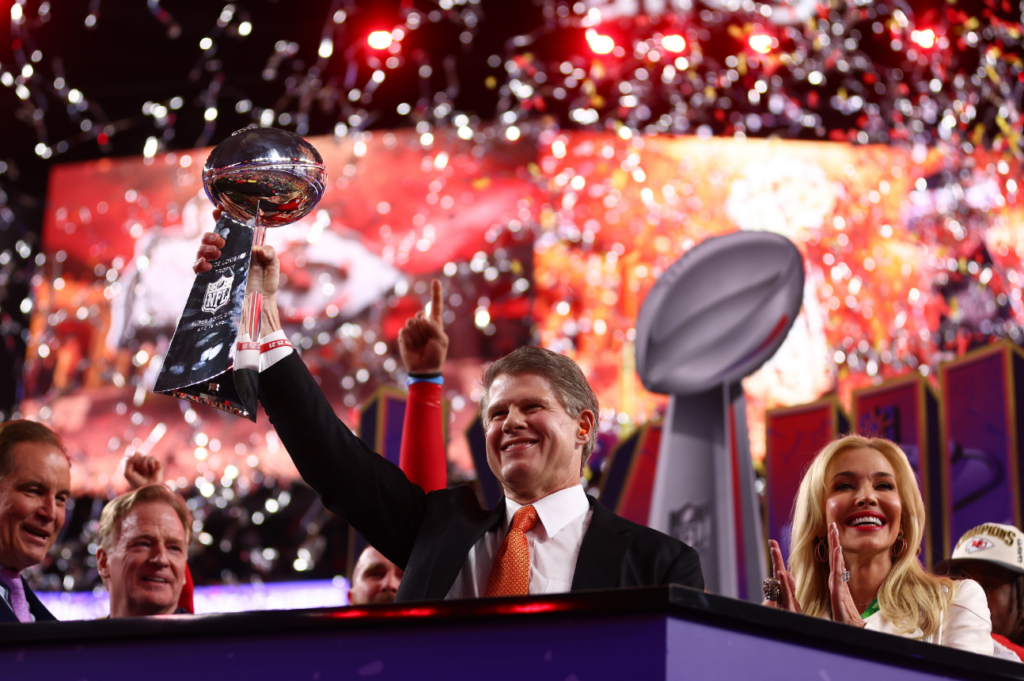
Clark Hunt, SMU ’86, is a prominent sports executive and businessman, best known as the chairman and CEO of the Kansas City Chiefs and co-owner of FC Dallas. He credits his leadership philosophy style to what he learned under his legendary sports pioneer father Lamar Hunt’s tutelage and his time at Texas Delta. His natural inclination to hard work began in high school, excelling in sports and academics, and he carried this through his university experience by excelling as captain of the SMU Mustangs soccer team. After graduating first in his class and working at Goldman Sachs, he stepped into leading the family’s sports franchises. Clark emphasizes the importance of culture, teamwork, and surrounding oneself with great people, all lessons he learned at Texas Delta. Phi Delta Theta is excited to announce that Clark Hunt will be inducted into the Sports Hall of Fame in Dallas, Texas, on April 10, 2025.
What was it like growing up under successful grandfather H.L. Hunt and father Lamar?
Many people are aware that my dad was one of the great pioneers in sports history. But what they don’t know is that he was also a great dad. I played sports throughout my childhood, then played in high school and college—and my mom and dad almost never missed a game. Even though my dad almost never missed a Chiefs game, he would always make time to attend my high school football games on Friday nights. Even though he had business obligations all over the country, he still made sure to attend most of my soccer games at SMU. My dad left quite a legacy and taught me lots of lessons—the most important of which was how to be a great father.
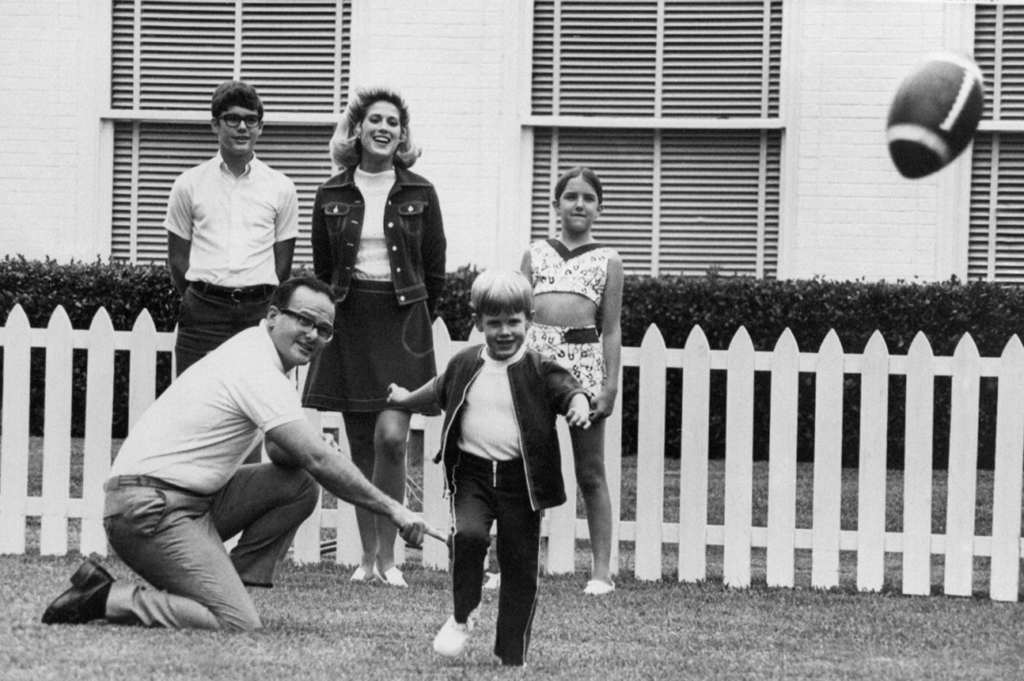
Why did you pick SMU? What drew you to soccer and becoming team captain? Why did you pick Phi Delta Theta, and what was your fraternity experience like?
My dad attended SMU in the 1950s, and he was a part of the Mustang football team. I also grew up very close to the SMU campus and attended games there from a very young age. So, when the time came to look at colleges, SMU was at the top of my list. Needless to say, it has a beautiful campus, elite degree programs, and an active sports and social scene, so for me it was an easy decision.
I arrived at SMU wanting to do exactly what my dad did: play football for the Mustangs. However, when I was a freshman in 1983, the SMU football team was coming off one of the best seasons in its history. The offense alone had five future NFL players, including guys like Eric Dickerson and Craig James. I enrolled at SMU thinking I was going to be part of the Pony Express, but I quickly realized I was not exactly built for Division I football.
So after a week of football two-a-days, I walked down the hall to the soccer locker room, introduced myself to the coaching staff, and told them I wanted to try out for the Mustang soccer team. In hindsight, that was probably a crazy idea. But in the end, it was one of the best decisions I could’ve made. Later that year, SMU hired Schellas Hyndman, one of the greatest coaches in collegiate soccer history. Coach Hyndman demanded accountability and had very high expectations. He helped shape me into a pretty decent player, and helped shape our team into a national title contender.
In the spring of freshman year, I joined Phi Delta Theta. I originally chose Phi Delt for three reasons: first, it had a reputation as one of the outstanding fraternities on campus; second, Phi Delt had an impressive group of alumni who had really successful business careers; and third, it was a common fraternity for athletes, and there were a number of athletes whom I knew and respected that were already members. One of the great benefits of being a Phi Delt was that each of us had different majors, different activities, and different backgrounds—but we all had a common bond in the Fraternity that tied us together.
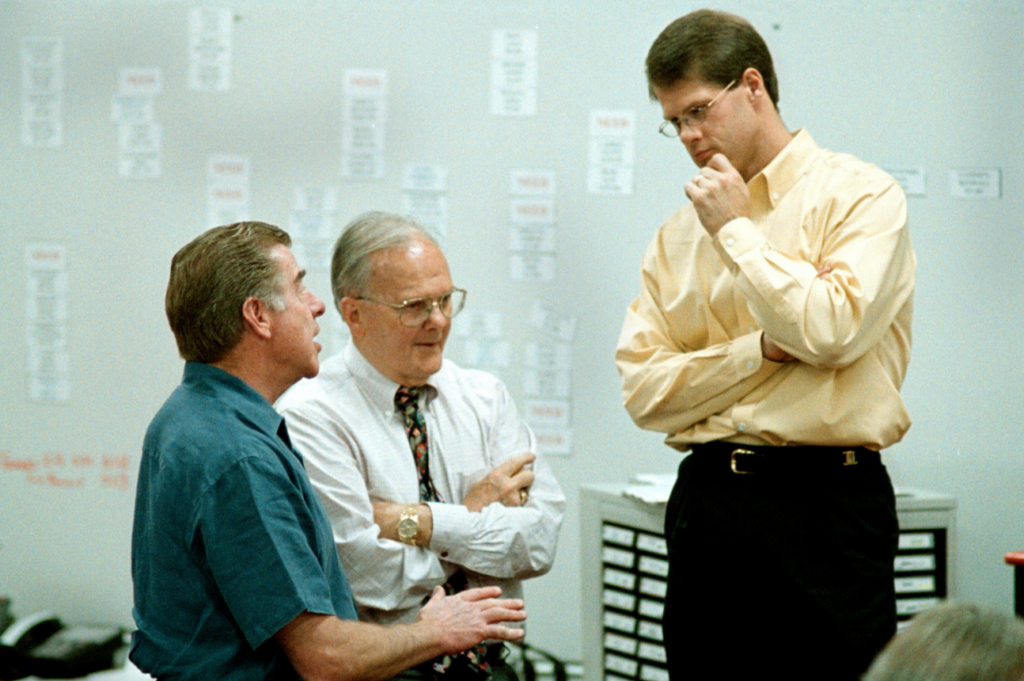
Has your post-graduate experience at Goldman Sachs translated to running successful football and soccer clubs?
Like the sports business, investment banking is very much a people business. In my first few years out of college, I learned that for a business to be successful, in any sector, it needs to have great people and a great culture. Goldman Sachs had a tremendous culture, and it was extremely well run and managed by an excellent leadership team. I learned a lot about the colleagues from Goldman.
It was also the financial services business, and I had just graduated with a finance degree from SMU. Every business has an element of finance associated with it, so my time at Goldman was an important foundation for the rest of my career. At the time, of course, I had no idea that one day I would serve as the CEO of an NFL team and the chairman of the NFL Finance Committee. But in hindsight, I would say that my time at Goldman was good training for the roles and responsibilities I have today.
Who do you rely on to create a successful franchise (who is in your circle of advisors and why)?
It is incredibly difficult to have sustained success in the NFL. There’s a reason no team in history has ever won three straight Super Bowls—the league is built for parity, and it’s built for competition. In order to have success, it takes great leadership, a great culture, and complete buy-in from everyone involved.
At the Chiefs, that starts with three key leaders: Team President Mark Donovan, General Manager Brett Veach, and Head Coach Andy Reid. Each of these three guys is phenomenal at what they do and each leads a tremendous staff—but also, each of them is committed to working together and rowing in the same direction. You could have a great coach and a great general manager, but if they are not on the same page, the team isn’t going to be successful. We’ve got great leaders in our organization, and they work extremely well together. That is crucial for success in this competitive environment.
You were captain and an Academic All-American for the SMU Mustangs soccer team, plus you graduated first in your class. What lessons did you learn while balancing priorities as an executive, soccer captain, academics, and member of Phi Delta Theta? How does that knowledge help you in your current role as co-owner, chairman, and CEO of the Kansas City Chiefs and FC Dallas?
The biggest lesson I have learned is to surround yourself with great people. Phi Delta Theta helped introduce me to some really great people—people who were smart, driven, and team-oriented. Today, as I lead a variety of businesses, I am still always looking for great people with these qualities.
Any successful business or organization must have a positive culture. Culture is incredibly important in a fraternity, and it is also incredibly important in a business or a sports team. My experience at Phi Delt showed me how important building and maintaining a great culture is.
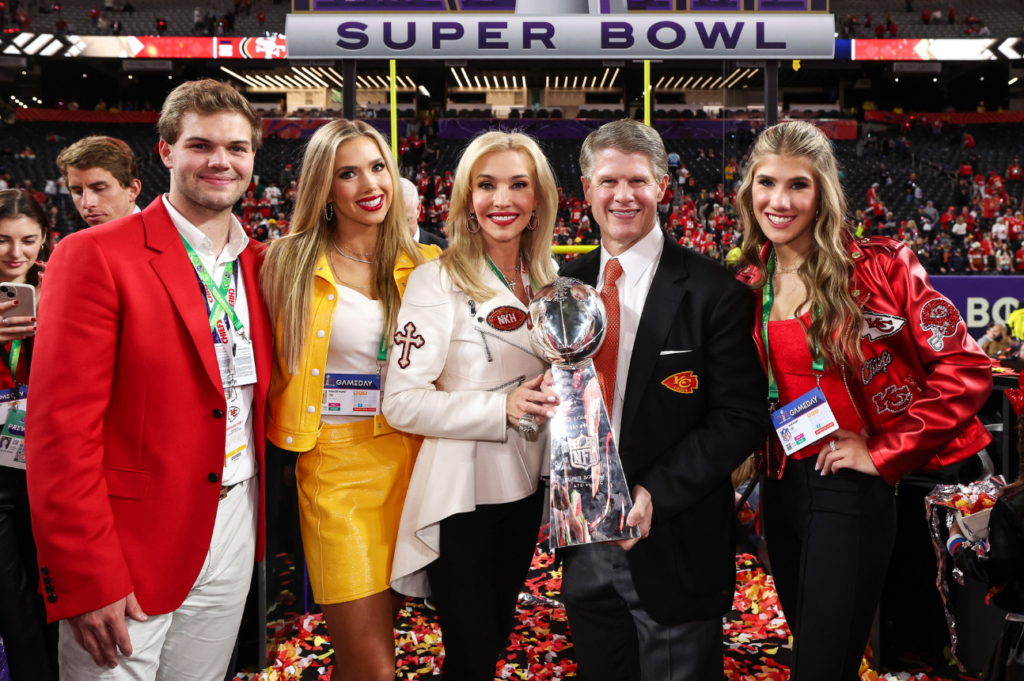
Do you have any favorite memories of your time in Texas Delta at SMU? Do you keep in touch with any of your brothers?
In terms of fond memories, I mostly remember the great community we had at Phi Delta Theta. If one thing stands out, it would probably be the annual casino party that we held each year. The casino party was always one of the best gatherings of the year at SMU, and now I look on those days and smile.
I have several Phi Delta Theta brothers that I see regularly. Many of us have kept in touch over the years. In fact, my younger brother Dan was also a Phi Delt at SMU, a few years behind me. Between the two of us, there are quite a few college friends at Phi Delt friends that we see quite a bit.
Phi Delta Theta also happens to be well-represented in NFL ranks. Arizona Cardinals principal owner Michael Bidwill, St. Louis ’87, is a member of Phi Delt, as well as Dallas Cowboys COO Stephen Jones, Arkansas ’88. I have worked closely with both Michael and Stephen over the years, and it is clear that they also have fond memories of their time in the Fraternity.
What skills or experiences did you gain from your Phi Delta Theta experience?
College is a phase of life where we learn a lot about time management and priorities. Juggling multiple responsibilities requires discipline and hard work. I think I began to learn those lessons during my time in Phi Delta Theta at SMU. I not only learned how to manage my schedule but also how to manage various responsibilities and obligations that went along with being a student, an athlete, and a Phi Delt brother. To this day, it takes real focus to balance my time and allocate resources based on my priorities.
Because of this, I also learned a lot about work ethic. Between high school at St. Mark’s School of Texas and college at SMU, I was always pursuing a rigorous course of study while also competing at a high level athletically. As I got older, I realized just how much work it was going to take to be successful in all the different areas of my life. Decades later, I still have those high standards for work ethic in my everyday life.
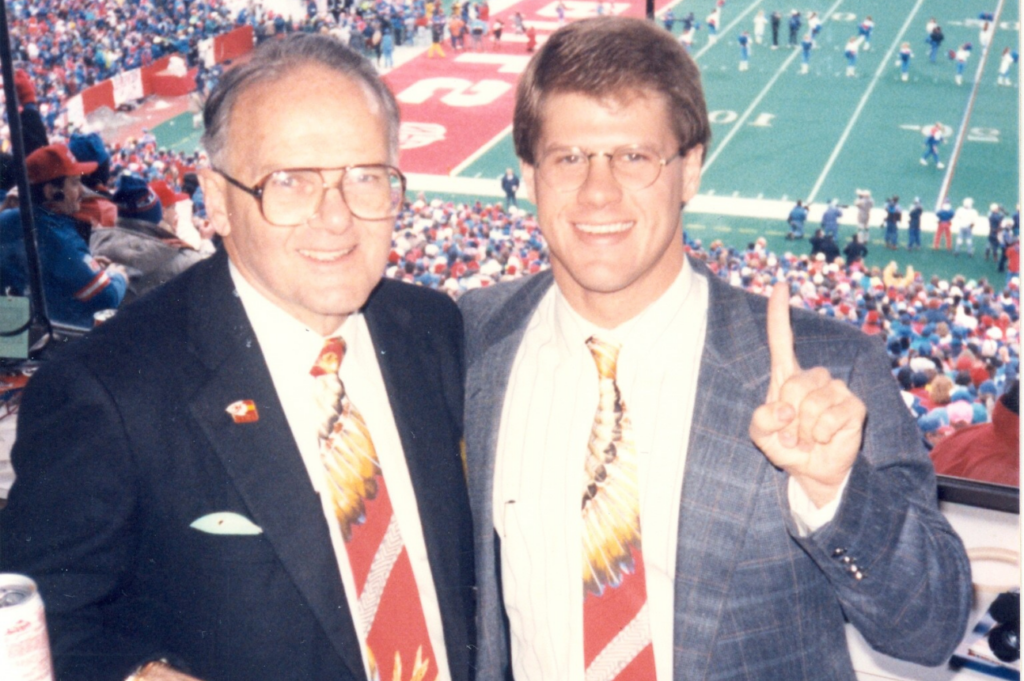
You are quoted as saying, “When I succeeded my father, I knew I was stepping into some very big shoes to fill. And I could never be like him, right? There was only one Lamar Hunt, and he was so special, such a visionary, such a great leader. Somebody that people followed because they just absolutely loved him. So I knew that I couldn’t be like him, and I had to just do it my way.” Growing up under your innovative and successful father, how have you learned to develop your leadership style?
The biggest thing I have learned is to hire great people, give them the tools they need to succeed, and then step out of their way and let them fly. It takes a certain humility to stand back and let others guide the conversation, especially when it has to do with major contracts or on-field performance. I learned that humility from my father. He was an incredibly kind, humble person, and I try to be like him in that aspect every day.
I also value the way he taught me to listen. As active as my dad was, he always listened very well. He listened to fans, he listened to his employees, he listened to other owners who had ideas about the AFL or NFL. Today, I always try to make sure I am listening to various stakeholders as we work through big decisions. My dad taught me that—maybe not explicitly, but he showed me how to do it.
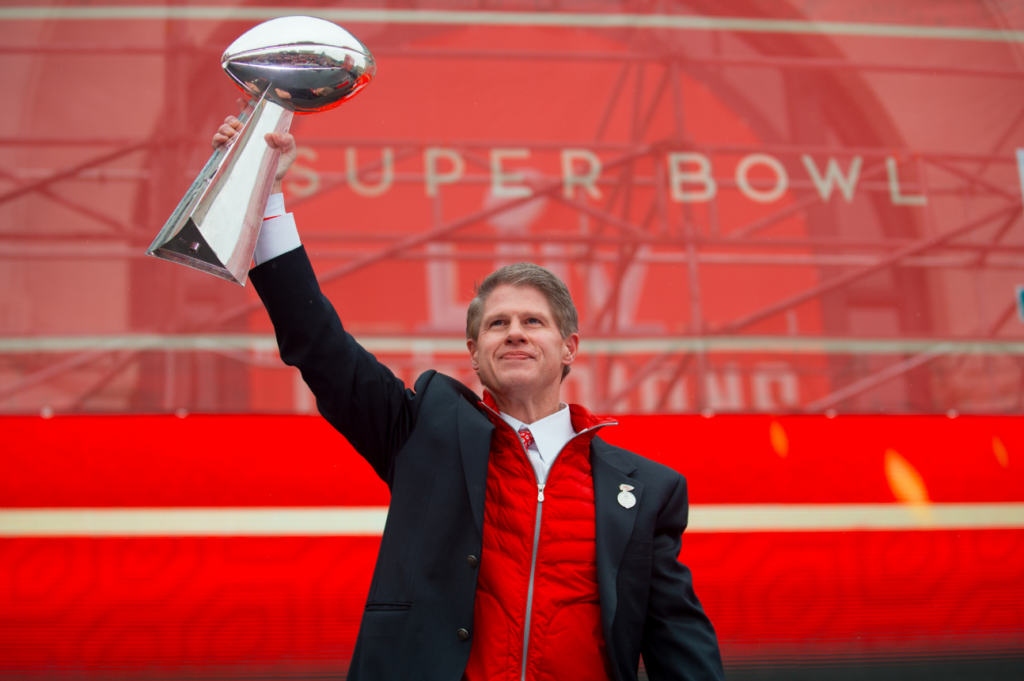
The Kansas City Chiefs have won the Super Bowl three times in five years and the AFC West title for the eighth consecutive year. What do you attribute to establishing a winning culture, and how do you maintain it?
As I mentioned in an answer to a previous question, a winning culture starts with great leaders. At the Chiefs, our leadership team of Mark Donovan, Brett Veach, and Andy Reid set the tone for excellence throughout our organization. And being a great individual is not enough—it takes a commitment to the team, and a commitment to working together as a unit to find high levels of success.
I also think a key part of maintaining that culture over time is to clearly state your values, and hold everyone accountable for achieving them. At the Chiefs, we implement our four core values through our mission statement: Win with Character, Honor Tradition, Inspire our Fans, and Unite our Community. Each year, as new players, coaches, and staff members join our team, we clearly articulate these values and give examples of how we live them out each day. This is one of the ways we establish and maintain a winning culture and allow each individual to buy in using their own skills and expertise.
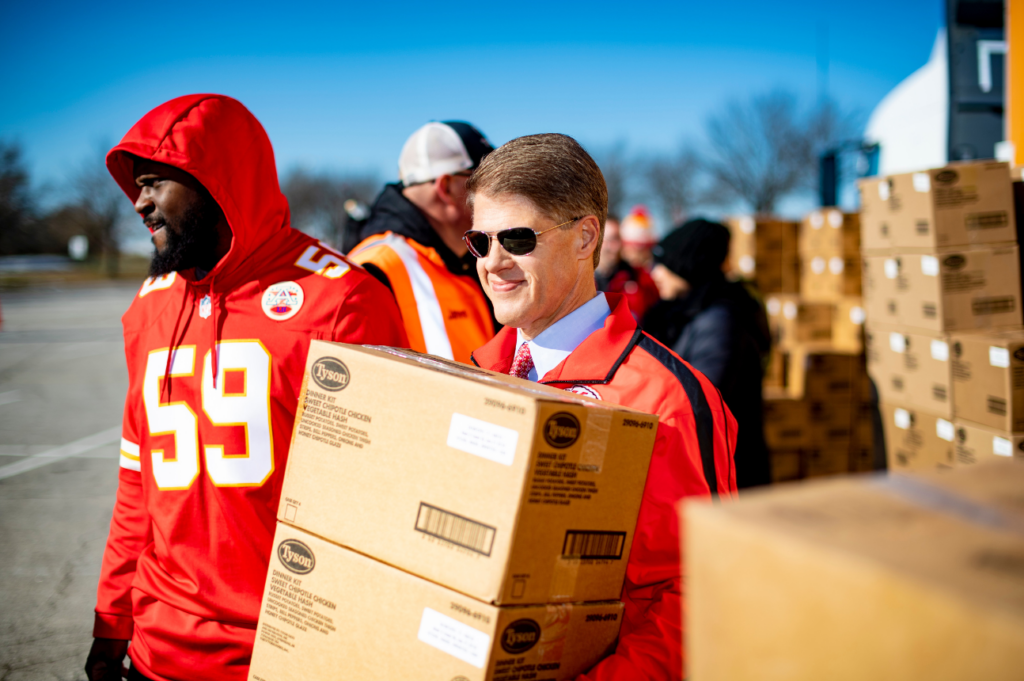
Why is philanthropy important to you, and how do you/did you pick which group(s) to support? Why should someone volunteer or otherwise support a local/national organization?
My dad founded the team in 1960, and today, my siblings and I try to honor his legacy by carrying the torch. But he always believed that at its core—the fans own the team. That is true for the Chiefs, that’s true for FC Dallas, and I believe that’s true for any sports team. Our teams truly belong to their fans. And so it’s vitally important that we use our brand and our reach to give back to the community that gives so much to us.
The Hunt Family Foundation just celebrated its largest year ever in terms of philanthropy and community engagement. We are hoping to break that record again this season. The FC Dallas Foundation continues to grow and expand its reach and impact as well. For both of these foundations—like for any successful organization—we have a clear statement of core values, and we have great executive directors to put those values into practice.
Above all, our foundations emphasize children and families in need. It happens through health and wellness programs, child advocacy programs, sports and mentorship activities, or the largest food drive in the NFL. We believe that sports are woven into the fabric of a community. And we are proud of the way our foundations have made a real difference in the places we call home.

